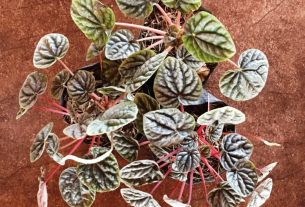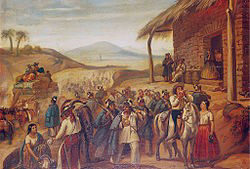By John Chalmers on the June 2020 Edition
We’re in self isolation in Manzanillo, where we’ve made our life here, permanently. It’s been 13 years in our sweet little condo, on the beach called Playa Azul, and we are approaching our fourth summer. Of course, the COVID-19 pandemic was never in our plans. But that goes for everyone, I am certain. So, here we are, at day 62, with no end in sight.
We’ve found ways to have our groceries delivered to our door. I am doing yoga and exercising in the living room with Youtube and really want for nothing, in the practical sense. The beaches have all been closed, which curtailed our regular beach walks but it did keep people at home and Easter was not the riotous time of the past, when the hoards arrived from Guadalajara and other places. Thankfully, our grocery stores were not stripped of the food we locals need and all was quiet on the ocean front.
Responsibly, our owners agreed to send the cleaning staff home with pay (too many riding local transit) and we are responsible for keeping up our own cleaning. We sure do miss our sweet Elena. BUT, it keeps us busier before we fall back on our old habits; the internet, television and reading. In between, I’ve actually had time to ponder life in so many different ways.
Since I have researched some really stunning items, I will have to save some for the next article. The subject I have chosen to throw out there now is about our environment and messages we have all been receiving from Mother Earth. That is, if you’ve been watching and listening.
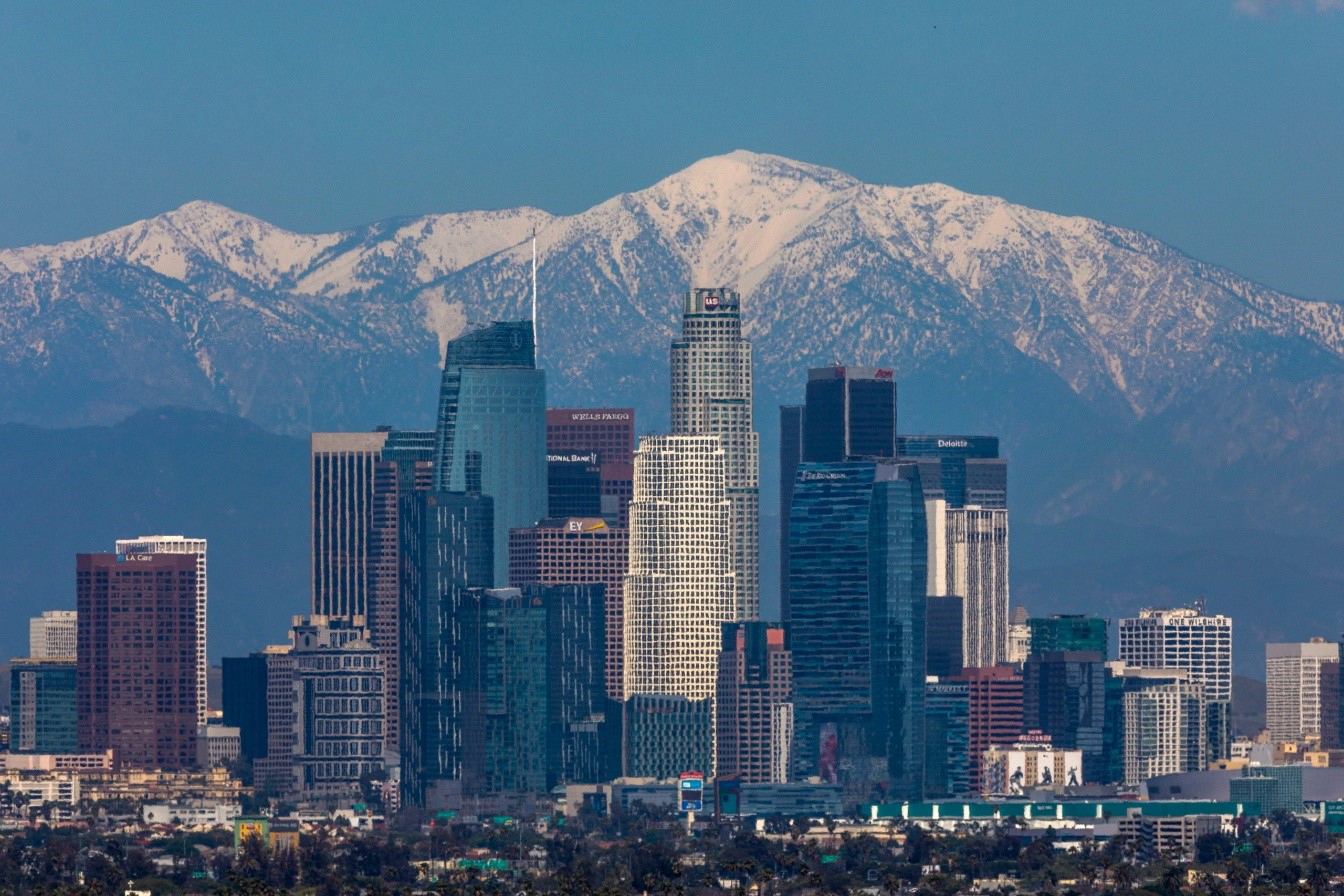
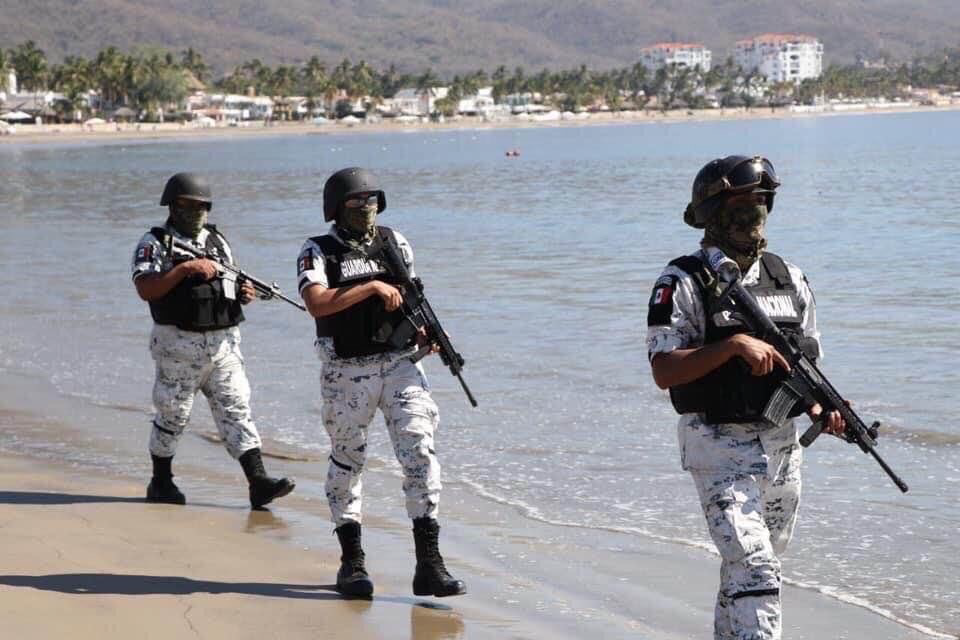
As countries strive to contain the pandemic; pollution and greenhouse gases have decreased across the globe while the populations have been ordered to stay at home but for ‘guarded’ trips for essentials such as food and medicines. What no one knows is the long-term impact.
Since the outbreak in December 2019, businesses have closed, airlines have slashed services and more and more people are working from home, if they can. Schools have also closed but, here in Manzanillo, and likely in other parts of the country, many tiny businesses are still operating given their need to survive on very little, as well as oblique encouragement from Señor Obrador, the country’s President. Throughout Mexico, the poorest keep going while the middle classes hunker down and close up shops as news feeds from outside the country keep them more informed. Auto factories and large manufacturers have closed and we expats are taking it very seriously. A number of ‘snowbirds’ have been unable to leave for summer in the USA or Canada as flights have been cancelled, one after the other.
So while this may be a huge inconvenience and we can’t go out and ‘play’ with one another, Mother Earth is taking a huge breath of cleaner air as pollution leaves our skies, mountain vistas can be seen from afar and smog settles to the ground and expires. Not such a bad thing for now. The global shut-down has inadvertently become an experiment in the reduction of greenhouse gases. NASA has released satellite data of the Northeastern US, revealing a 30% drop in air pollution over densely populated metropolitan areas.
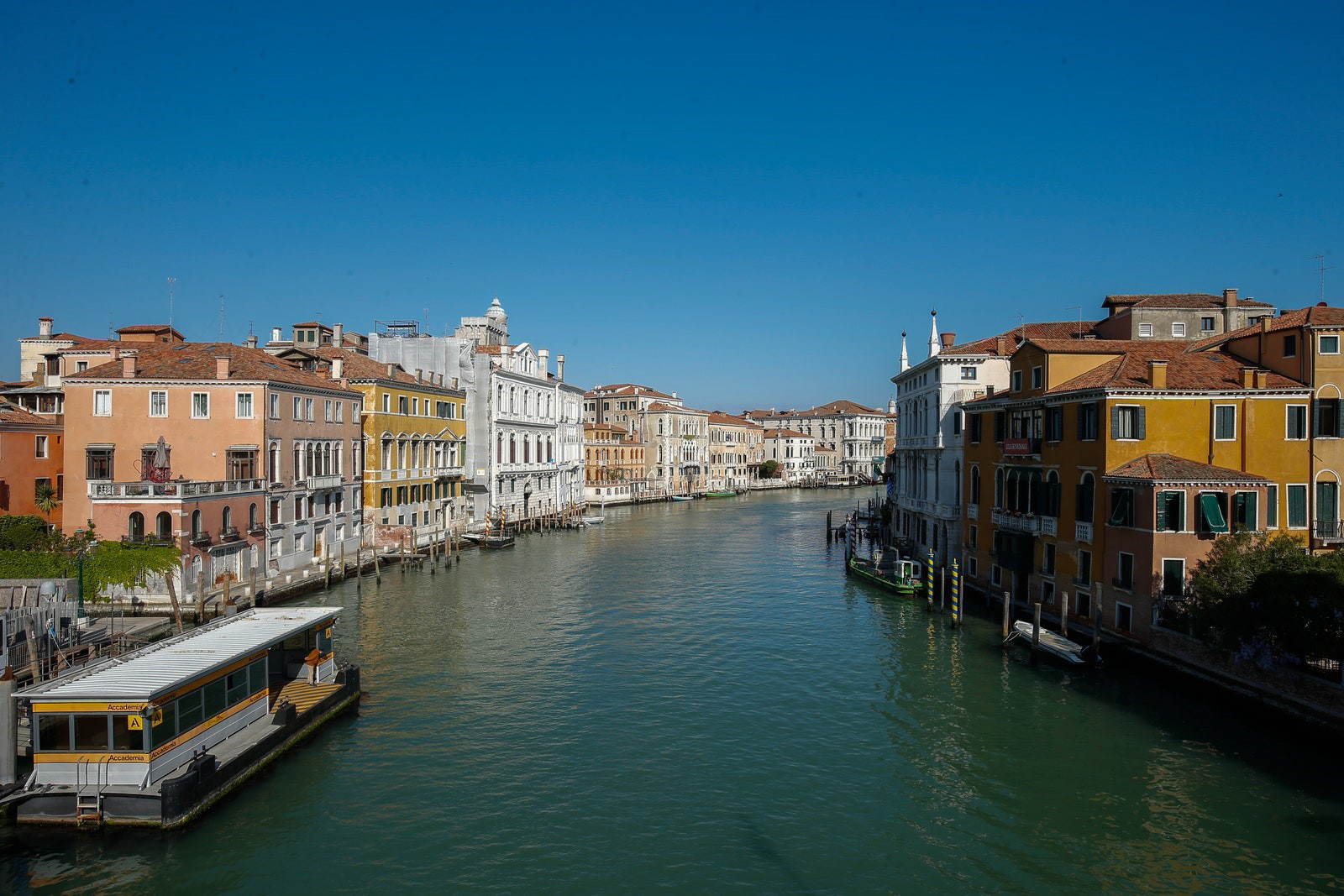
Nitrogen dioxide from transportation fossil fuels and electricity generation demonstrates that, as of March 2020, emissions are the lowest on record since 2005. Similar reductions can be found over Eastern China and Italy, and many others, to be sure. So, for the time being, this seems to be wonderful news. Except, what happens next when economies fire up their engines again?
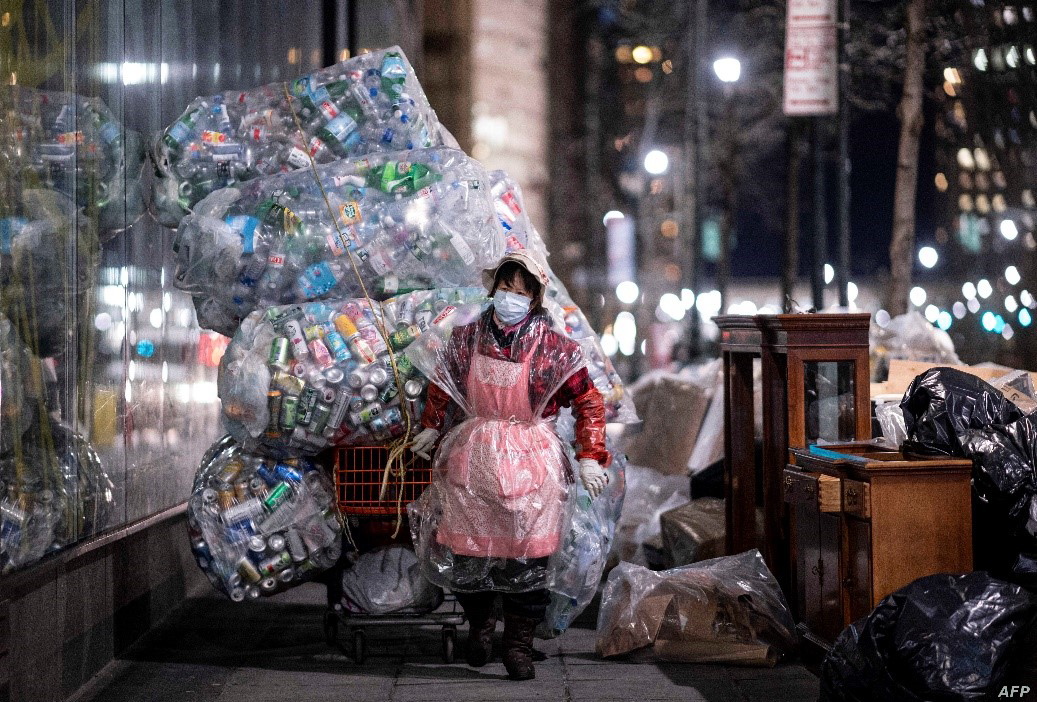
An old issue has now become a greater one; plastic waste. Cities across the globe have halted recycling programs due to fears of spreading the virus in these centers. In Europe, waste disposal options have been reduced. In Italy, infected residents have been banned from sorting waste which certainly makes sense.
Add to this, the increased demands for bottled water, face masks, medical gloves, sanitary wipes and hand sanitizer and one can see the mountains of refuse accumulating. In addition, where once food suppliers who had changed from single-use products, companies have since reverted to these products to curb contamination in spite of the fact that ‘experts’ warn that single use plastics can carry viruses and bacteria as well.
With most of the world stuck at home, we have upped our household waste; started shopping online and ordering meals delivered; all requiring a lot more packaging. And then, of course, there is medical waste which has increased in Wuhan China for example, from prepandemic numbers of 50 tons a day to 200 tons.
The long-term impacts are unpredictable, and no one can foresee the duration of the pandemic. One thing is for sure, when it is over, the economies are going to be ramping up like they never have before. With economies in the toilet, so to speak, can we handle that and still find the means for cleaner transportation and cleaner power generation?
Can we handle things differently and do both? Can we ramp up the economies and still be cautious about increasing emissions. Its truly a worry for the post-pandemic world. The world must make better decisions.
To end this story, I would like to share a beautiful poem shared by Jacinda Ardern, Prime Minister of New Zealand. You will find it on the next page.
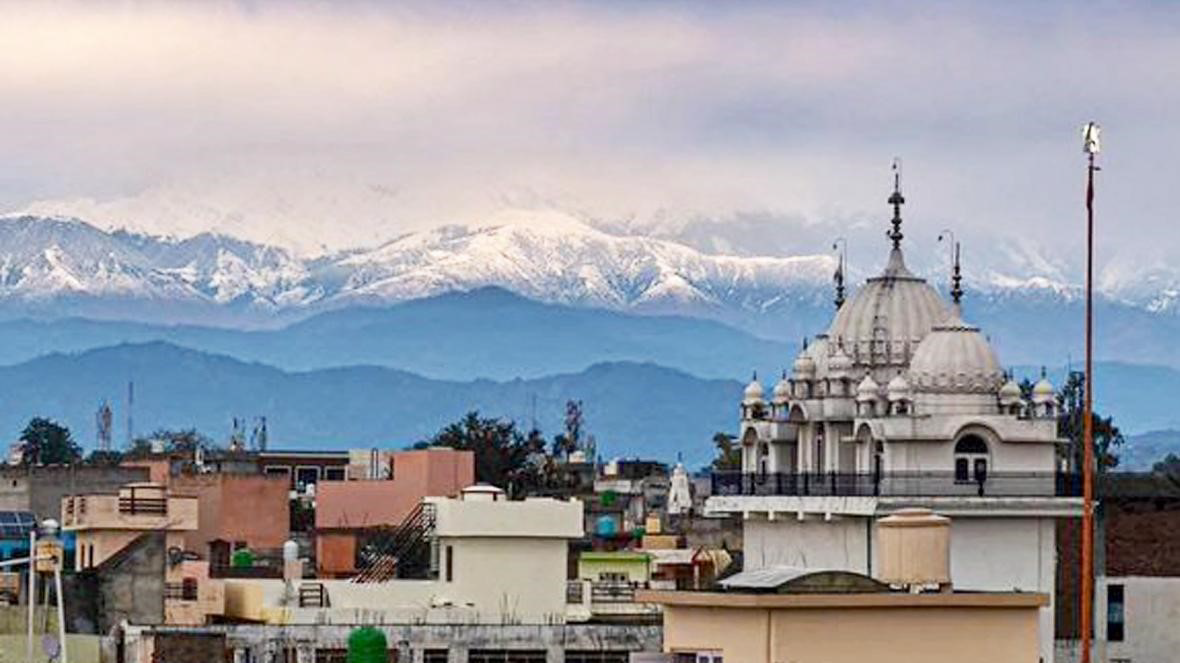
after decades of time of being lost in pollution
The full edition or view it online
—
Suzanne A. Marshall hails from western Canada and has been living the good life in Manzanillo over the past 8 years. She is a wife, mom and grandma. She is retired from executive business management where her writing skills focused on bureaucratic policy, marketing and business newsletters. Now she shares the fun and joy of writing about everyday life experiences in beautiful Manzanillo, Mexico, the country, its people, the places and the events.

